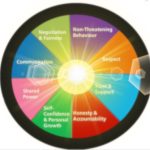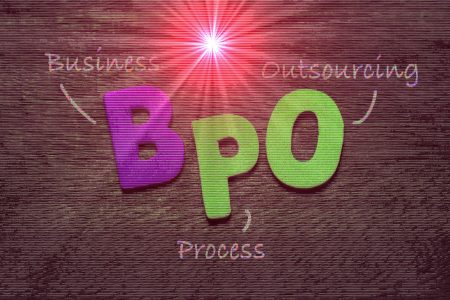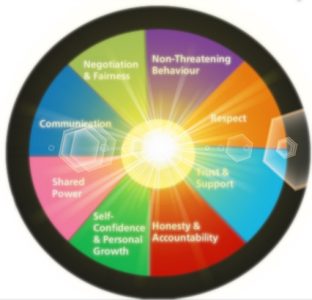INTRODUCTION:
The impact that Information Technology (IT) brought to our daily life and its role in shaping our environment is of a wide scope to explore. IT as any other technology is a means to ease our life. Developed as well as developing countries, are all responsible for the sustainment of our planet earth. The convergence of IT, telecommunication, and information content has shown its initial impact in different ways. People are empowered to manage their area of responsibility. They work together to achieve common goals for business success. Full participation, co-operation and open communication leads to superior results. All this means that the managers must consciously focus on those principles that would guide in value- creation.
Information is not controlled by management hierarchy, but is readily and quickly available to all employees, empowering them to direct participants in the management business. Knowledge is the key to organizational performance. As in the case of any functional business areas. Human Resource (HR) was largely administrative role responsible for assisting employees with personal problems, health benefits, organising new year party and so on.
Today HRM assumes a strategic position from key organisational goals, products, market, technology, innovations and governmental, environmental & societal pressures.
HR is constantly growing area, which has to be constantly aware of the changing business world, that relies more heavily on advancement in technology and new specialist skills. Organisations are constantly seeking to grow in a competitive and changing business conditions. The HR functions like other functions are under scrutiny to deliver value adding quality services to the business, coupled with reducing operation costs.
HR Outsourcing is the practice of handing over the planning, management and operations of certain functions to an independent third party which is influenced by the four fundamental changes in the competitive market environment is facing todays firm; rapid technological change, increased risk and search for flexibility grater emphasis on core competencies and globalisation.
Modern outsourcing has become the solution for many companies both buyers and suppliers. The buyers (employers)realise that they are facing tough issues of downsizing a scalable solutions that could easily shrink/ grow with identification of their needs.
Traditional outsourcing firms focus more on their time in building future plans for the BPO market place. There is a shift in focus from cost saving to value creation. Creating value for business is becoming a significant catalyst for outsourcing. The companies corporate strategies include the enterprise sourcing strategies outsourcing suppliers are taken as strategic business partners rather than just outsourcing vendors. With this partnership they develop a solution that provides a true competitive advantage for the firm.
RESEARCH PROBLEM:
Traditional HR and IT organisations may be limited in functions in the years to come. Envisioning the new role of departments (technology infrastructure for HR benefits) and the hybrid employees with IT, HR and Business Skills, there is a lot of opportunities for Organisational Development Practitioners and Organisation change leaders. The organisational change leaders identify the need to give a well defined career path for their employees that would embrace several functional areas like HR, IT and Business Operations.
The idea of providing soft skills for IT professionals (vendor relationship management, Negotiations, Marketing facilitations etc.,) and providing technology updates for HR professionals is a great responsibility shouldered with the change leaders and agents. The driving role of technology in every area of business means that the change leaders and consultants will have to work quickly to develop the “hybrid” employees and executives that corporations are already seek in with business technology, awarenesses, communication and change management skills.
Organisations are turning to external suppliers for outsourcing everything from payroll processing to facilities management. The goal is better quality at lower costs. But most of the outsourcing results are disappointing because many buyers lack a clear outsourcing methodology and are not able to link the outsourcing objectives with the overall corporate objectives.
The present study on BPO as an effective HRM strategy has been carried out in the Indian context with an overall reference to the global outsourcing scenario.
How is the Human Resource objectives of the organisation linked to the overall corporate objectives? what is the role of internal change agents in providing new career paths to produce multidisciplinary professionals and executives?.
OBJECTIVES OF THE STUDY:
The Primary Objective of the study was to find the importance of an effective HRM strategy linked to the overall corporate strategy in the IT Industry.
The Secondary Objectives of the Study includes:
-
To identify the HR activities that could be outsourced by an IT Company
-
To identify the HR outsourcing objectives of IT companies
-
To identify the benefits and challenges faced by the IT companies while outsourcing their HR activities
-
To discuss the future developments in HR outsourcing in the Indian IT Industry in the light of global trends







